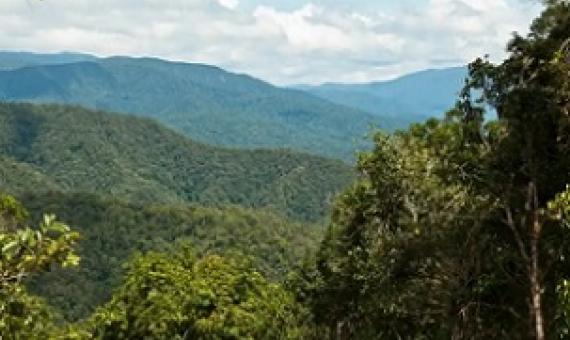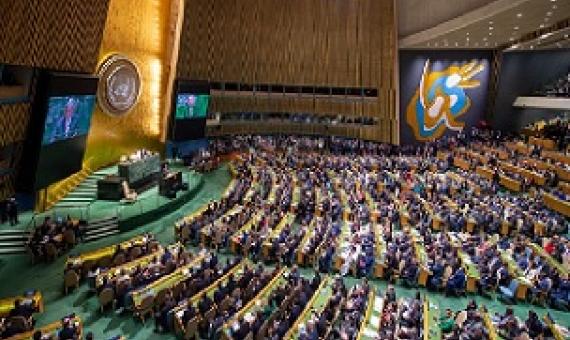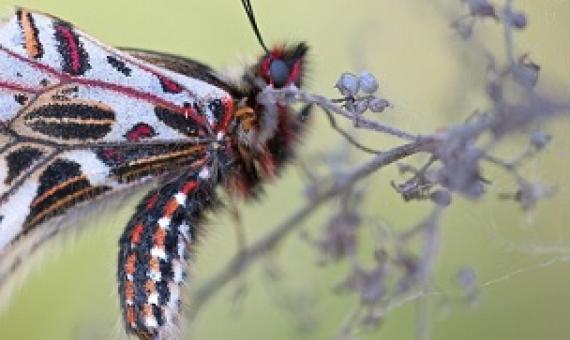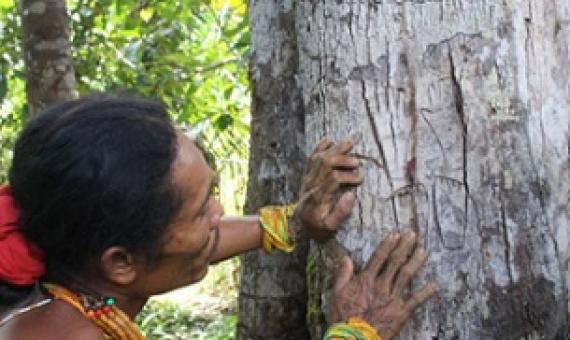Mischaracterizing Wildlife Trade and its Impacts may Mislead Policy Processes
Overexploitation is a key driver of biodiversity loss but the relationship between the use and trade of species and conservation outcomes is not always straight forward. Call Number: [EL]Physical Description: 10 p.












